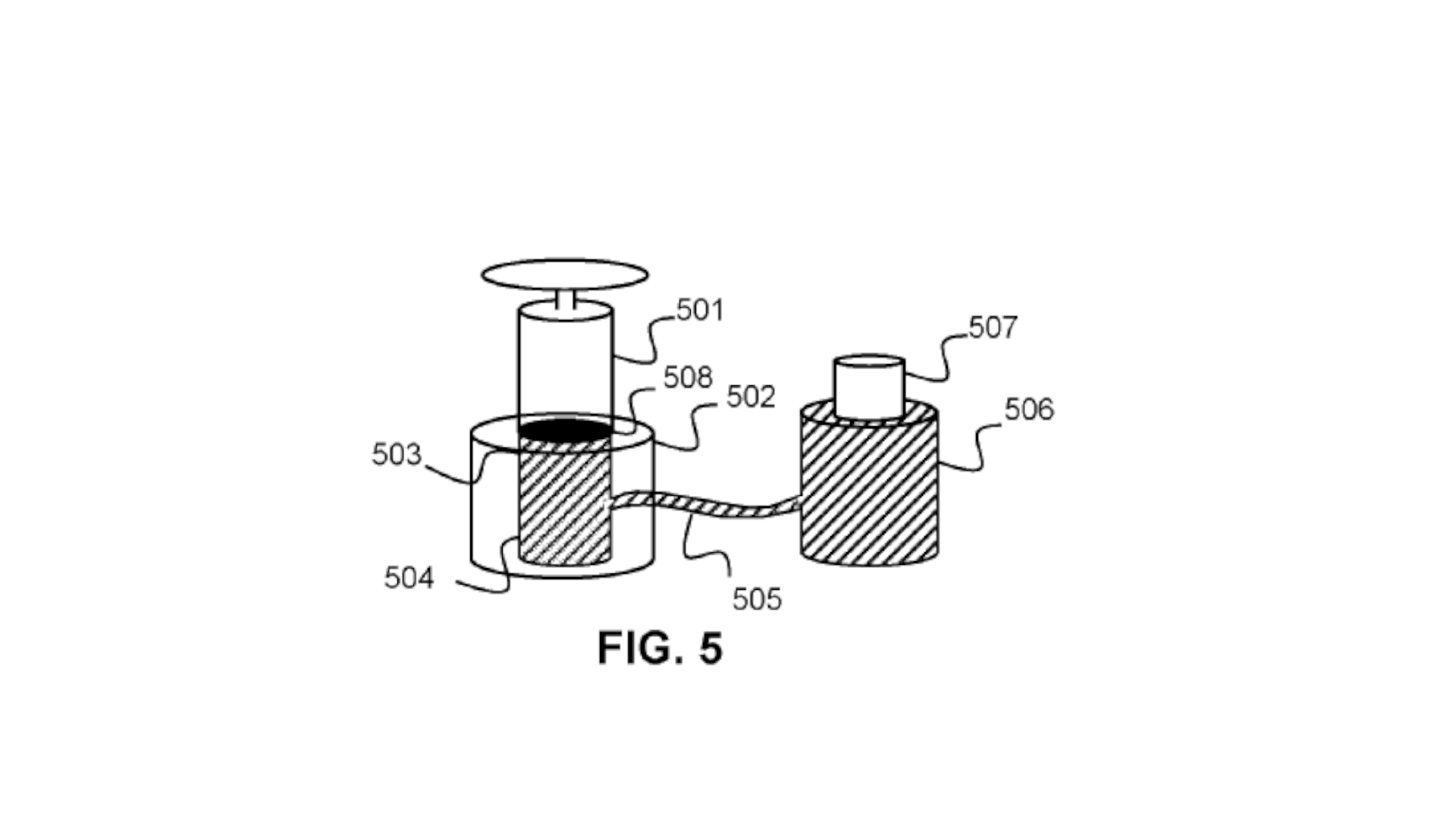Newly discovered PS5 DualSense patent could solve drift issues for good
A Sony patent reveals that a new DualSense could include revamped analog sticks that utilize hydraulics for precision input.
Both the PS5 and the DualSense have had their fair share of issues post-launch. There’s currently a lawsuit underway, alleging the console released with a known defect. Meanwhile, the DualSense hasn’t escaped drift issues with a US law firm filing a class action lawsuit over them last year (via IGN (opens in new tab)). That seems to have fizzled out, with related pages removed from the company’s website (opens in new tab). But controller drift issues (and getting sued over them) could become a thing of the past for Sony.
Metro (opens in new tab) spotted a patent (opens in new tab) filed by Sony for a controller with “a collapsible control stick using a fluid”. The fluid in question is non-Newtonian – think custard, ketchup, quicksand. Or in this context, something that’s not a condiment, dessert, or mini deathtrap. It’s a fluid that changes viscosity under force. So ketchup becomes runnier when you shake, for example. Whereas you can fill a pool with custard and run across it without sinking, perfectly demonstrated in this Brainiac: Science Abuse episode (opens in new tab).
Patently obvious
The portion of the patent that dives into the background of the invention picks apart joytsticks, analog nubs, and thumbsticks. It breaks down the comfort and portability of each, before concluding:
“The thumbstick is more comfortable for the user than the analog nub and is smaller than a joystick but is still not very portable. The protrusion of the thumbstick sticks up from the surface of the controller and can easily be caught [in] clothing or other thin materials making the thumbstick prone to breakage.
“It is within this context that embodiments of the present invention arise.”
The diagram above is of a retractable analog stick without the presence of non-Newtonian fluid. In this instance, the shaft retracts into the thumbstick body, and both are “freely rotatable together around a pivot center within the controller body.”
The image below is the diagram depicting the inclusion of non-Newtonian fluids in the controller. The thumbstick shaft “includes a liquid interface surface” whole the body has a cavity filled with the non-Newtonian fluid.
If the user wants to retract the thumbstick, “slow pressure may be applied to the thumbstick shaft” to “displace the non-Newtonian fluid into the reservoir.” A quick, hard push on the other hand will have the opposite effect.
“Due to the nature of the non-Newtonian fluid, a quick application of pressure to the thumbstick shaft will cause an increase in the viscosity of the non-Newtonian fluid and the fluid will not be displaced.
“Thus, during use the thumbstick shaft will not retract into the thumbstick body because the pressure during use is not applied slow enough to displace the non-Newtonian fluid.”
But what does that mean for the practical, daily use of a new and improved PS5 DualSense?

Pro control
With revamped analog sticks, the DualSense’s input controls could be greatly improved. The sticks are usually used for movement and aiming, so those could become a lot more nuanced.
They may also be used to shoehorn in additional ‘input buttons’ given the design’s collapsible aspect. And they could offer an enhanced range of movement and control in sports games, flight simulators, and the like.
What that will mean for current games that use L3 and R3 inputs – specifically if it’s in a way that counters how these new analog sticks work in terms of speed and force – we don’t know. But we can’t see Sony releasing a DualSense Pro that’s not compatible with the PS5’s current catalog of titles.
Of course, the existence of a patent doesn’t mean we’re going to see the idea come to fruition in a physical product. But it’s interesting to see what the minds at Sony are cooking up regardless.


